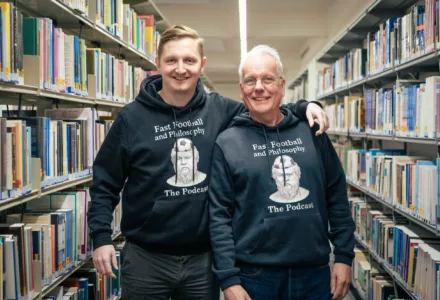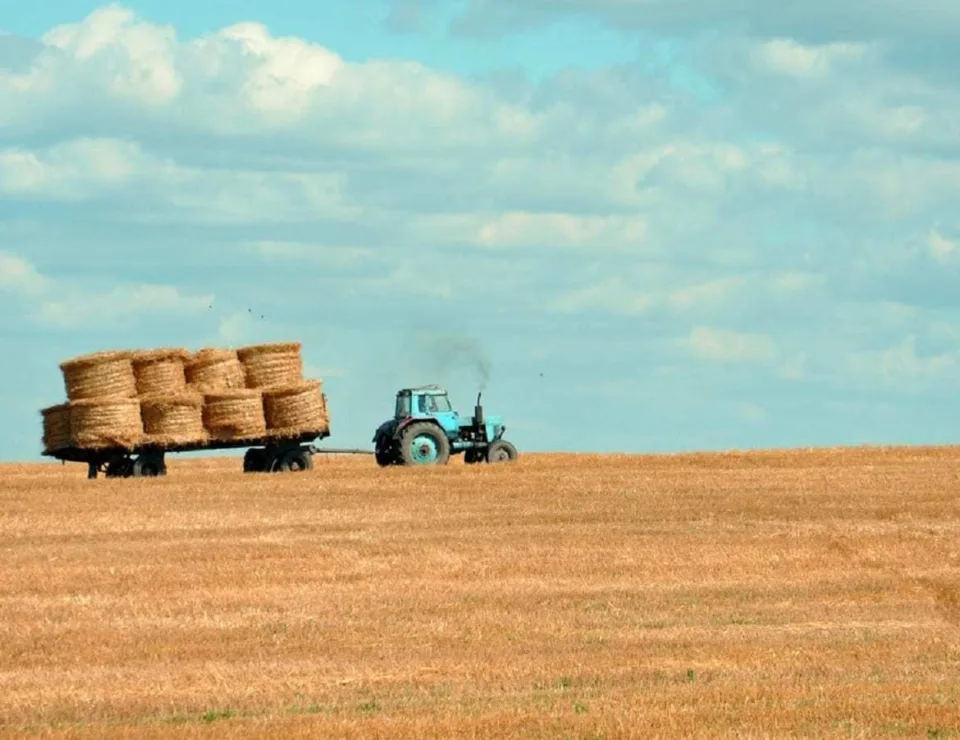Bishop Grosseteste University (BGU), in collaboration with economic development consultants, Rose Regeneration, has been successful in securing grant funding of over £90,000 in order to support the wellbeing of farmers in England as part of the Department for Environment, Food and Rural Affairs’ (Defra) Future Farming Resilience Fund programme.
The Future Farming Resilience Fund programme aims to support the farming industry through the post- Brexit Agricultural Transition Period which is in place until 2027. The Lincolnshire Open Research and Innovation Centre (LORIC) team at BGU, along with consultants from Rose Regeneration, plan to work with Farmer Support Network organisations across the country to evaluate the impact that Farmer Support Networks have on the health and wellbeing of the farmers and land managers that they serve.
Following this, the team aim to provide social impact reports that will enable the Networks to develop their offer of services so that they can focus their support on the areas of greatest impact. This work will also support the development of tools that can be used on an ongoing basis to further evaluate social impact within the sector in the future. The results from this programme are of vital importance in helping Defra to understand what support is effective in helping farmers throughout the agricultural transition period.
Kay Purle, Data Analyst at LORIC:
“The Lincolnshire Open Research and Innovation Centre, at Bishop Grosseteste University applied for Defra funded programme back in October 2019, alongside Rose Regeneration, a locally based economic regeneration consultancy company.
We have worked closely with the consultants from Rose Regeneration in the past, and this grant funded programme gave the perfect opportunity for us to get involved in a large, joint piece of work. We were delighted to be awarded the funding and attended the programme inception event together in London last month. The programme, which is a pilot scheme, aims to help Farmer Support Networks to be able to better support their farming communities, with a particular reference to health and wellbeing, which is a subject of key interest to the whole project team.”
The programme will run from February – September 2020.
(Photo credit: Gozha Net on Unsplash)
Related Posts

Lincoln Bishop academic duo host perceptive podcast combining football and philosophy

Celebrating volunteers at the Ermine Library and Community Hub

Association of Employment and Learning Providers visits campus

Greater Lincolnshire Social Economy Academy Programme renewed for 2025/26

BGU Lecturers contribute chapters to ‘The Guide to LGBTQ+ Research’

Celebrating academic writing podcast shared by BGU colleagues
